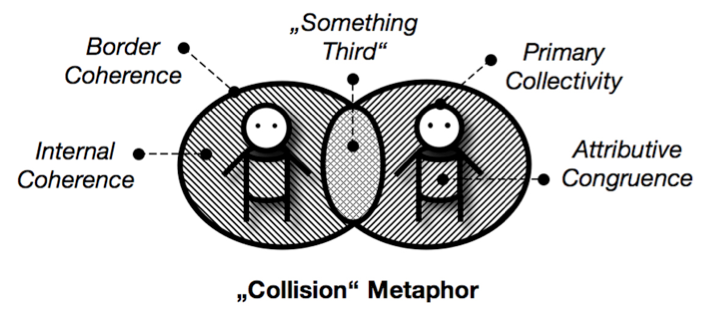Modern business education needs to prepare students and managers to effectively work in heterogeneous teams, manage co-operation between international companies and integrate diverse corporate cultures around the globe. In the past, the paradigm of intercultural competence has emerged to describe the skills necessary to successfully communicate and act in intercultural settings.
Research efforts on intercultural competence have mushroomed ever since promoting the development of concepts how to actually train this magical ability. The subsequent invention of intercultural training has been a triumphant global success. Spectacular failures of intercultural co-operation and disturbing experiences of expatriates have fueled the perceived need for intercultural education.
In my paper on the training of intercultural competence, I argue that established training methods of intercultural competence often prove to be ineffective if not counterproductive because they build on an outdated paradigm of culture and intercultural communication. Based on a revised understanding of culture and intercultural competence the paper outlines how to develop innovative teaching approaches that effectively prepare students and managers for working in a global world.
The paper represents a follow-up on my first basic article on intercultural competence as a controversial concept.







































